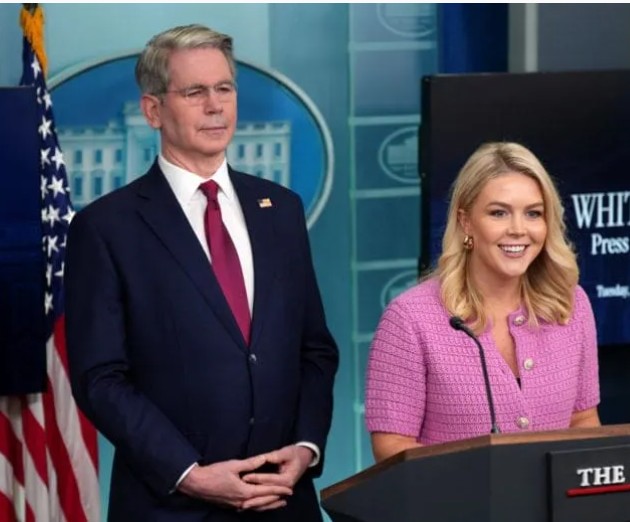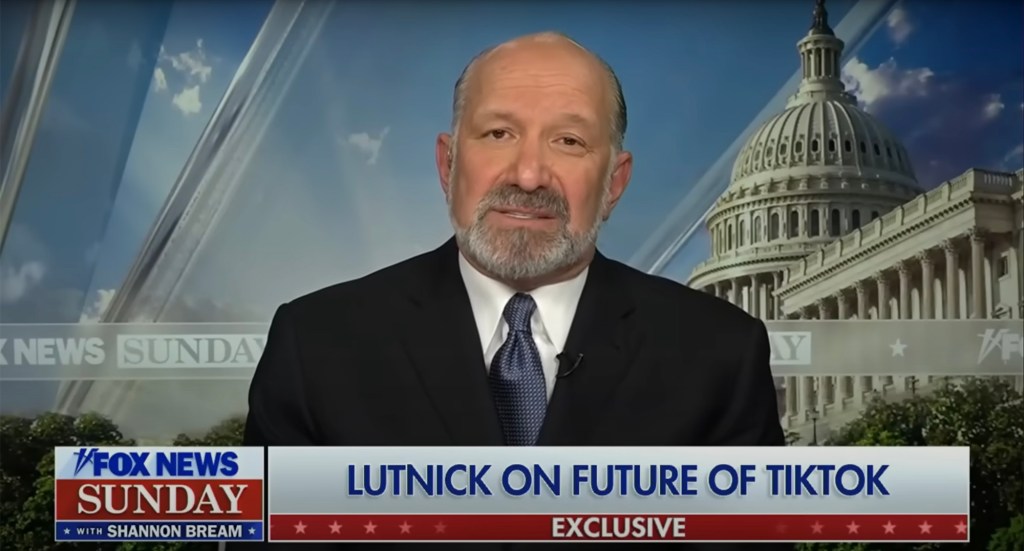In a bold move, former President Donald Trump has called on the European Union to impose 100% tariffs on imports from India and China. This unprecedented recommendation is positioned as a strategic measure aimed at combating the ongoing conflict in Ukraine, particularly in light of Russian President Vladimir Putin’s military actions, which have drawn widespread condemnation from the international community.
Trump’s rationale for such severe economic penalties is rooted in the need to apply pressure on nations that are seen as complicit or enabling of aggressive actions, thereby accentuating the importance of economic sanctions in global diplomacy. By targeting two of the largest economies in the world, he suggests that the EU can not only rally support among its member states but also assert its influence on a global scale. This raises interesting questions about the relationships that have long existed between the EU and these countries, which have often balanced economic cooperation with geopolitical interests.
The proposal to implement 100% tariffs poses significant implications for trade dynamics. It would dramatically alter the flow of goods and services, impact prices for consumers, and create ripples across global markets. Manufacturers relying on imports from India and China could face increased costs, which might ultimately be passed down to consumers. Additionally, the potential for retaliatory measures from these nations could further complicate already strained trade relations.
Furthermore, Trump’s call for drastic measures underscores a mounting concern among Western nations about the broader geopolitical ramifications of the war in Ukraine. Leaders are increasingly recognizing that authoritarian regimes pose a threat not only to regional stability but also to the ideals of democracy and human rights that many nations strive to uphold. This unyielding stance highlights the lengths to which leaders might go to ensure strategic stability and signal a united front against threats perceived as existential.
In this context, the discussion surrounding tariffs opens up a broader dialogue on the complexities of global trade relations in times of conflict. As the EU and its allies navigate these turbulent waters, the move to implement such tariffs will likely become a litmus test for the efficacy of economic sanctions as a tool of foreign policy. Balancing economic interests with moral imperatives will be a critical challenge for policymakers navigating the intertwined issues of trade, diplomacy, and security in an increasingly uncertain world.
Trump’s proposal could create surprising alliances and tensions globally, as nations may realign their economic and diplomatic strategies in response to threats from authoritarian regimes in an interdependent world.





